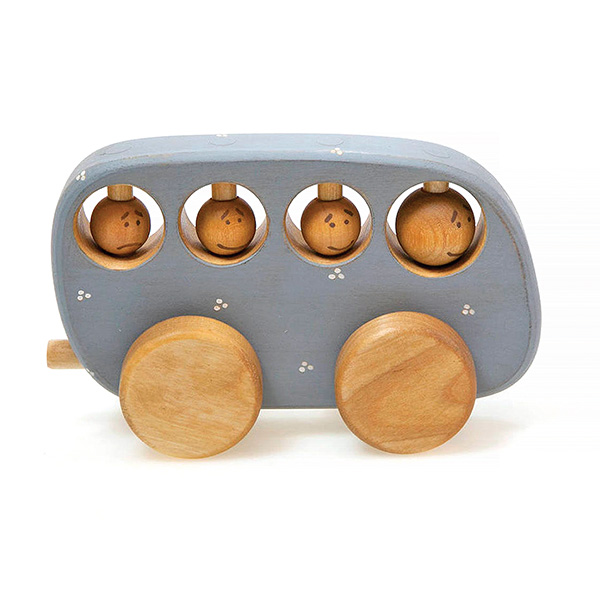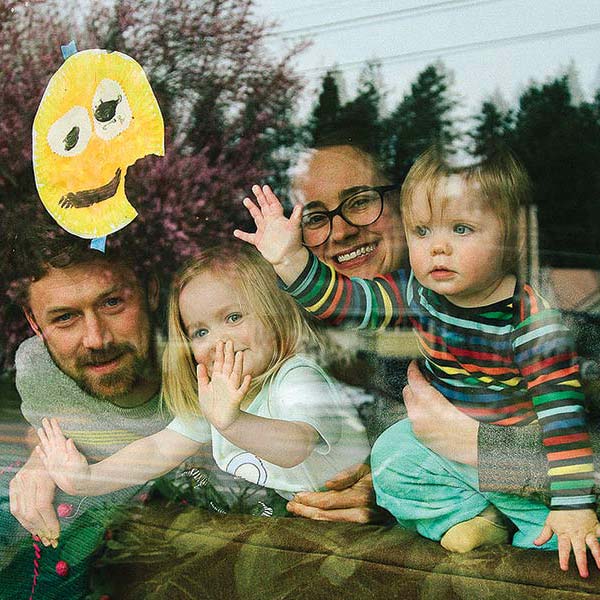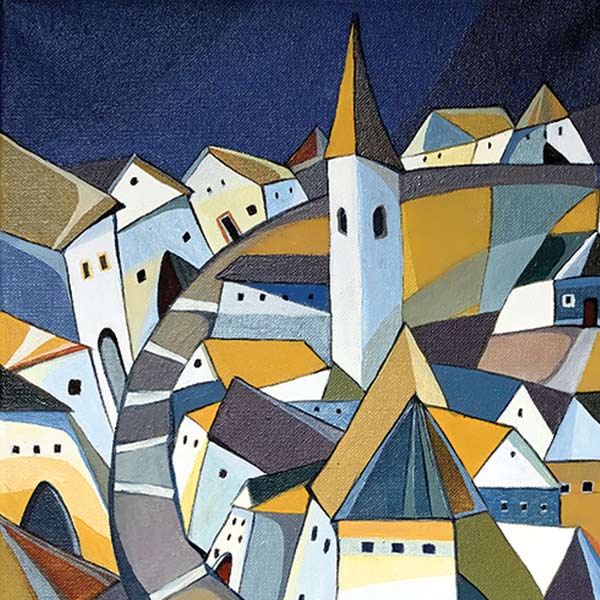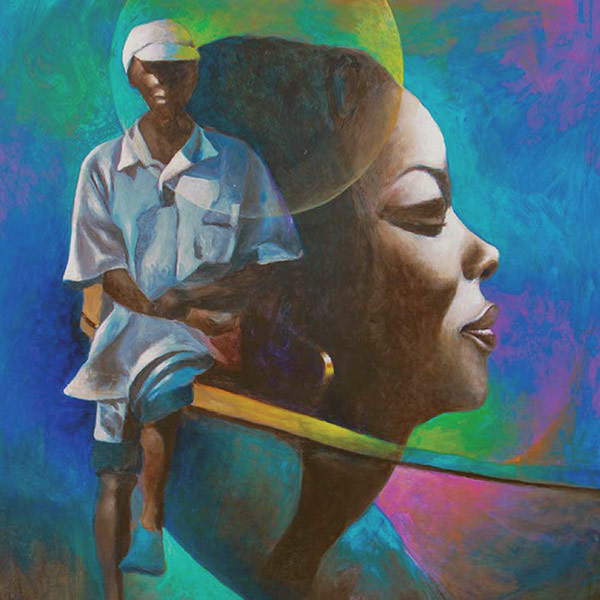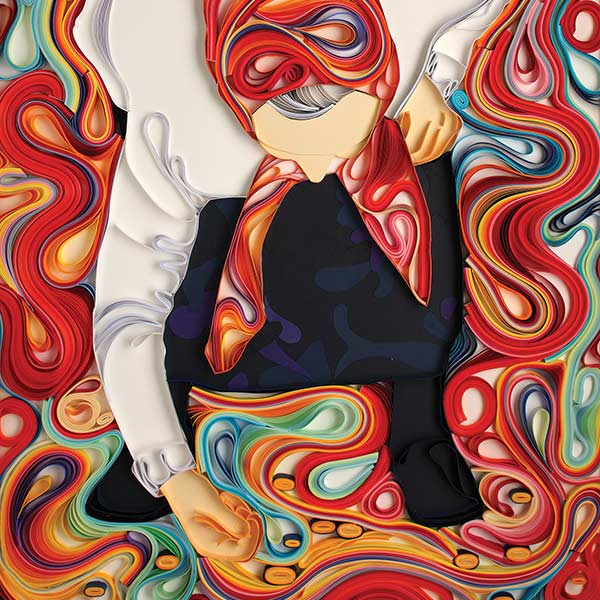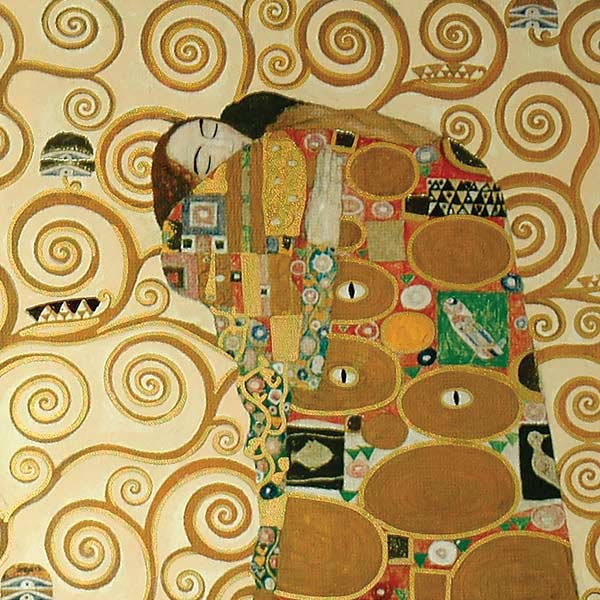There is a story about the modern family and it goes like this: Families are in crisis, and the cause is moral breakdown. Our society raises ever fewer of its young in two-parent homes; people are getting married ever later (if at all), long past their prime childbearing years; in fact, swelling cohorts of the young are uninterested in any committed relationship – or even in sex. To be sure, members of the educated classes, if they marry, still practice fairly traditional family values (even if they don’t preach them). But among the rest of the population, a pattern of family instability marked by serial cohabitation and fatherless homes swamps any positive trends. And even the stably married are, as a group, complicit in cratering birthrates, which are bound to cause grave economic and social ills as the old come to outnumber the young. We urgently need a deep renewal of our family culture, supported by public policies that strengthen traditional marriage and encourage childbearing.
This is the narrative that social conservatives have been telling in various versions since at least 1966, when the phrase “family values” was invented. Of course, theirs isn’t the only story out there. Here’s another: Families are in crisis, and the cause is neoliberal capitalism. Our economic system undermines people’s ability to form and sustain healthy families in a host of ways: the job market demands geographic mobility, scattering extended families and dividing generations; employment pressures make a regular home life impossible for many parents; too many children attend public schools doomed to inequality because of residential segregation by class and race. Meanwhile, our prison system deprives millions of children of their fathers and mothers – in the United States, five million children under fourteen have a parent who at some point in their lives has been incarcerated. We need structural changes in society so that all families can flourish: parental leave, guaranteed healthcare, flexible work hours for parents, zoning reform, restorative justice.
These two stories, despite being associated with opposite sides of the partisan divide, don’t exclude each other; both are, I believe, in large part true. But both tend to glide past the need to reckon with a more fundamental question: What are families, and what are they for?
The biological family, evidently, matters greatly; but in the order of our loves, it should come a distinct second.
One reason not to assume we already know the answer is the word family itself. As progressives are fond of pointing out, its meaning is historically slippery (though not necessarily in the ways we moderns would prefer). The English word derives from the Latin familia, which referred to an entire multigenerational household under one male head, including its servants and freedmen – and which, jarringly, doesn’t originally refer to kinship at all, but rather comes from famulus, “domestic slave.”
This familia, then, is nearly the opposite of the “traditional” nuclear family – father, mother, and their kids, living as an economically independent unit. This is the model that social conservatives have often simply assumed in seeking to promote family values. So, too, have their liberal counterparts, who (apart from a few radical theorists) have usually taken the nuclear model as their starting point when seeking to expand its benefits to others such as “blended” households or same-sex couples.
Yet the Roman familia is closer to the Bible’s understanding of family than the nuclear variety. In the Old Testament, the term that recent translations render as “family” is literally “house of the father”: a multigenerational household including children and grandchildren as well as unrelated dependents. (Unlike Roman law, the Old Testament withholds from the pater familias life-and-death power over those in his charge.)
While a full discussion of the Bible’s treatment of family is impossible here, two themes stand out. First, it’s hard to overstate the centrality that scripture gives to the union of a man and a woman joined in “one flesh” for the bearing of children. This union plays a starring role right in the Bible’s first pages; it forms the basis of the Decalogue’s commandment to “honor father and mother”; and, in the prophetic books, it becomes a key symbol of God’s relationship to Israel – a symbol extended in the New Testament to the relationship of Christ to his bride, the church.
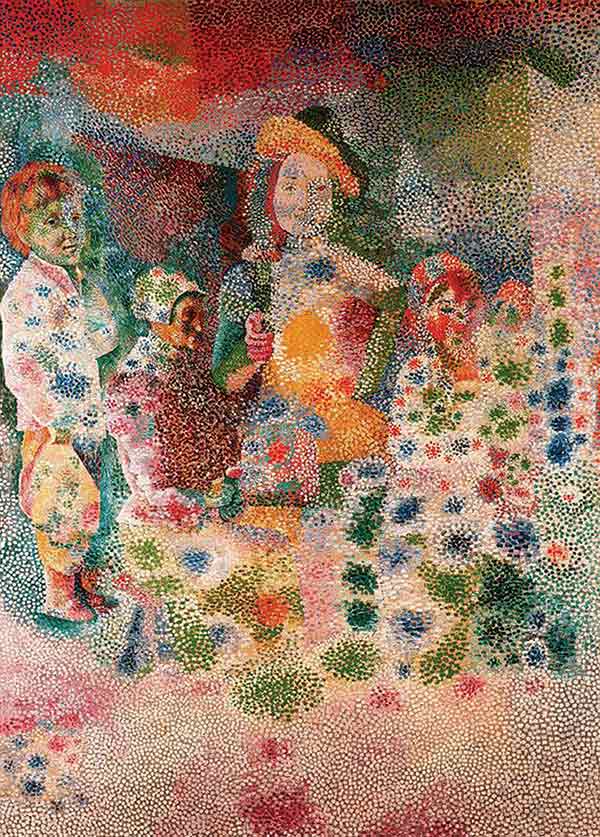
Pablo Picasso, The Happy Family (Le Retour du baptême, d’après Le Nain), 1917 (public domain)
Second, the Bible loves genealogies. Scripture’s many recitations of begats attest that family doesn’t just concern the living: it extends backward to long-dead ancestors, and forward to unborn generations. “I don’t know who my grandfather was; I am much more concerned to know what his grandson will be,” Abraham Lincoln famously remarked, rejecting the notion that bloodlines matter. Scripture, by contrast, seems very much concerned to know who your grandfather was.
These twin scriptural themes may strike many as not just conservative, but downright archaic. Taken together, they insist that we do not make ourselves; instead, our families make us. We are not at liberty to choose our own identities and loyalties; our families give these to us.
Some Christians might wish to set these twin themes aside as historical side notes, like Leviticus’s ban on eating shellfish. Inconveniently, however, both themes show up conspicuously in the New Testament. In two of the Gospel accounts, the greatest story ever told kicks off with genealogical tables seemingly cut-and-pasted from a first-century version of Ancestry.com. And lest anyone be tempted to dismiss the Adam and Eve story as an ancient myth reflecting outdated social norms, Jesus reaffirms it, emphatically and verbatim, in his startling words forbidding divorce. The lifelong union of one man and one woman, he teaches, is a unique bond sanctioned directly by God: “What God has joined together, let no man put asunder.”
So far, so good for traditional family values. But Jesus, having reaffirmed the biological family, went on to deny it pride of place. Though he declared marriage divinely instituted, he remained celibate, praising those who “have made themselves eunuchs for the sake of the kingdom of heaven.” As the scion of a royal lineage, he himself fathered no heir. Apparently contradicting the Decalogue, he commanded his disciples to “leave father and mother and come and follow me.”
And he redefined the bonds of kinship: “Who is my mother, and who are my brothers?… Whoever does the will of my Father in heaven is my brother, and sister, and mother.” The biological family, evidently, matters greatly; but in the order of our loves, it should come a distinct second. The care we owe our relatives remains, but now we’re called to extend it to a vast new throng of siblings – a family of many ethnicities and cultures that includes the widowed, the unmarried, the outsider, and the stranger. As the early Christians showed, this mutual care must go beyond mere spiritual fraternity to include a degree of economic sharing that makes today’s socialism seem weak beer. Family values of the Christian sort ought to make onlookers exclaim (in Tertullian’s words): “See how they love one another.”
This issue of Plough aims to reflect on what a family is, so that the transformations needed to solve the crisis of the family start from a firm basis, not a nostalgic ideal or progressive theorizing. And it seeks to explore what families are for. They aren’t just good in themselves (though they undoubtedly are that too, not least as schools in the love of neighbor). More vitally, they are living symbols pointing to the truest of families: the kingdom of the Father of all.



